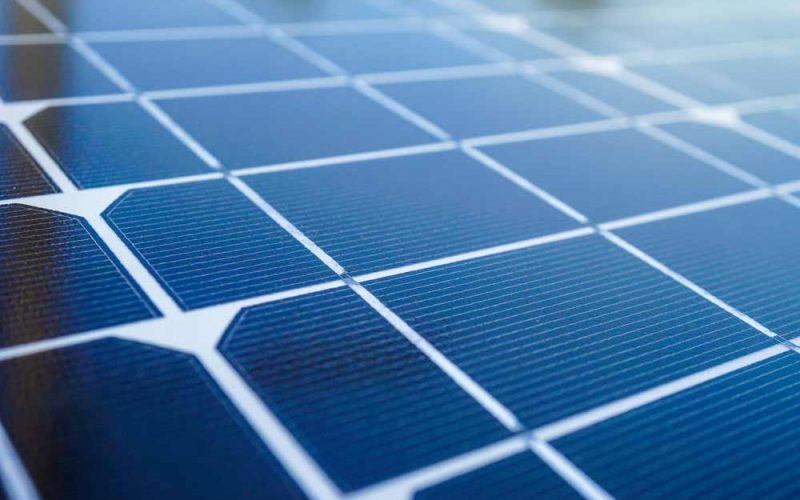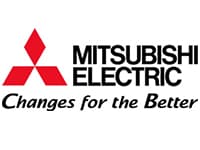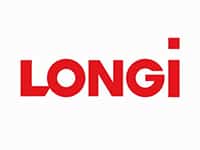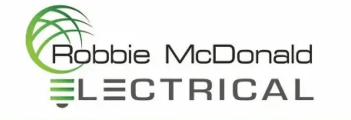8 Factors To Consider When Choosing Solar Panels For Your Home
Embarking on the journey towards sustainable energy is both an eco-friendly initiative and a potentially cost-saving move. The diverse range of solar panels available today means that choices abound, but it also necessitates a detailed understanding of what specifically you need to consider. Let’s dive deeper into the key factors that influence the decision-making process for solar panels.

1. Solar Panel Efficiency: How Does It Affect Output?
Efficiency Rates
Solar panel efficiency refers to the proportion of sunlight that can be converted into usable electricity. Different materials and manufacturing processes yield varying levels of efficiency. Some modern panels achieve efficiency rates as high as 22-23%, while others might range between 15-18%.
Impact On Energy Bills
Efficiency directly correlates with the amount of energy produced. For homes with limited roof space, choosing high-efficiency panels means you can generate more power in less area. Over time, increased efficiency can lead to significant reductions in energy bills, offering a quicker return on investment.
2. Home’s Solar Potential: Are You Geographically Positioned?
- Position & Angle: Ideal positioning varies, but typically, roofs that face north can capture sunlight most effectively. The tilt or angle of the panels also plays a role in maximising sunlight absorption.
- Shading Concerns: Obstructions, whether natural like trees or man-made like chimneys or neighbouring buildings, can reduce solar panel output. A thorough assessment can identify potential shading issues.
- Site Assessments: Professionals will undertake detailed site evaluations, considering both seasonal sun angles and daily sunlight variations to optimise panel placement.
3. Solar Inverter Selection: Why Is It Important?
Purpose Of Inverters
At its core, an inverter’s task is to transform the DC produced by solar panels into AC, making it usable for home appliances. This conversion is pivotal as it bridges the gap between generation and utilisation of solar power.
Inverter Types
There’s a choice to be made between string inverters, which service an entire array of panels and microinverters, which are dedicated to individual panels. The selection often depends on the scale of the installation, shading conditions and budget considerations.
4. Longevity And Warranty: How Long Will They Last?
- Average Lifespan: Quality solar panels are built to last. Over a 25-30 year period, efficiency might decrease slightly, but panels often continue to function beyond their rated lifespan.
- Warranty Length: A warranty acts as a safety net. It’s not just about potential malfunctions but also efficiency. Some manufacturers guarantee that the panel efficiency won’t drop below a certain percentage over the warranty period.
- Trusted Manufacturers: Aligning with a reputable provider ensures access to panels from manufacturers that emphasise quality, reliability and longevity.
5. Cost Vs. Savings: Is It Worth The Investment?
Upfront Costs
While the initial cost comprises panels, inverters and installation, it’s also wise to factor in any necessary electrical upgrades or structural modifications to the property.
Projected Savings
The true value of solar panels emerges over time. With the rising cost of electricity, solar panels can lead to substantial savings, sometimes even allowing homeowners to sell excess power back to the grid.
6. Compatibility With Storage Systems: Can You Store Energy?
The prospect of storing solar energy for night-time or cloudy days is becoming increasingly popular. Integrating battery storage with solar installations means homeowners can be less reliant on the grid, offering an additional layer of energy security.
Local Initiatives And Incentives
Be aware of the environmental and economic advantages, local initiatives have been put in place to encourage the adoption of battery storage solutions. Various incentive programs and schemes are available, supporting homeowners in their decision to integrate energy storage with their solar installations. Tapping into these can reduce the overall investment required, accelerating the payback period.
7. Post-Installation Support: What Services Can You Expect?
- Routine Maintenance: While solar panels require minimal maintenance, periodic checks ensure they function at peak efficiency. This might include cleaning and checking for any physical damages.
- Troubleshooting Support: Technical issues can arise. Having access to prompt and proficient troubleshooting means minimal disruptions to energy supply.
- Regular Updates: Staying abreast of technological advancements and industry best practices can lead to system upgrades or enhancements that boost performance.
8. Explore The Potential Of Solar Energy
At Robbie McDonald Electrical, our commitment goes beyond the initial installation. We take pride in fostering sustainable futures, and providing end-to-end solutions, from the first consultation to long-term support. For those keen on exploring the potential of solar energy, get in touch today!















